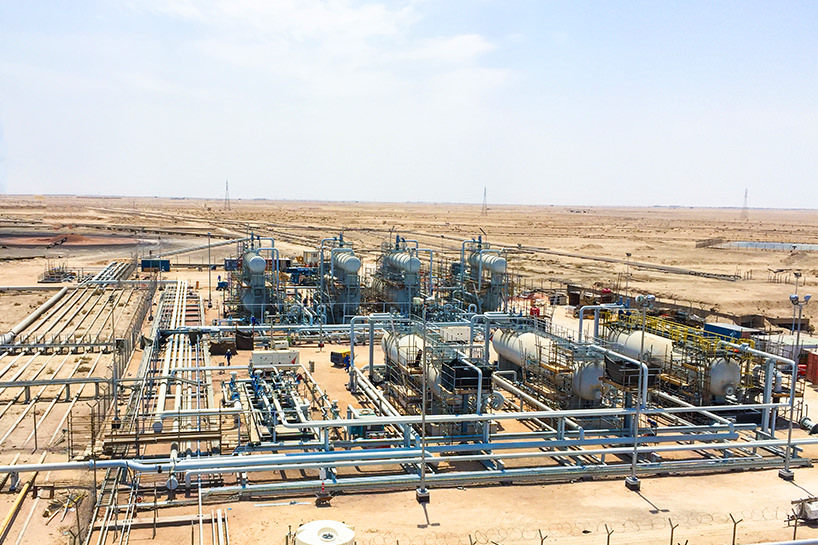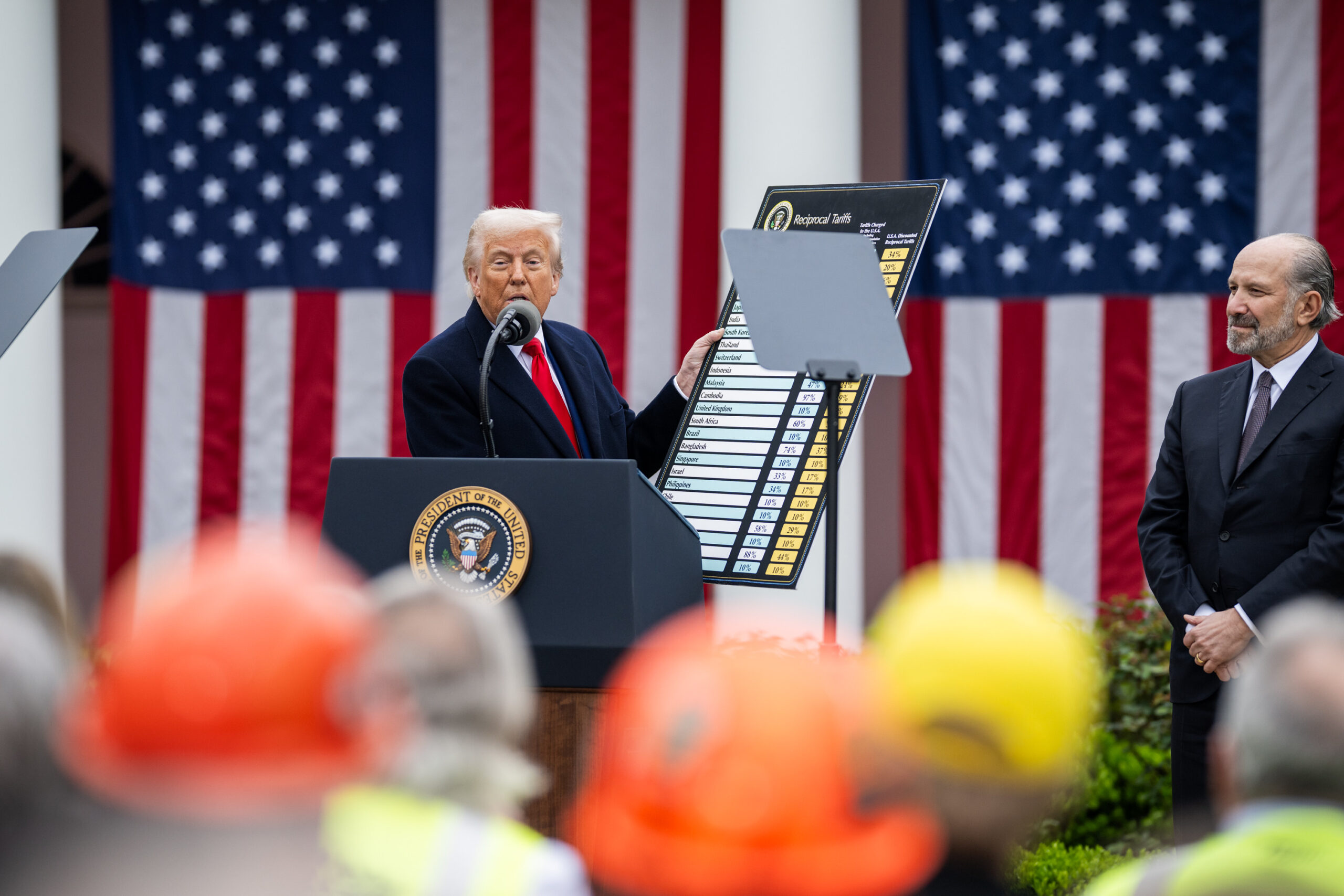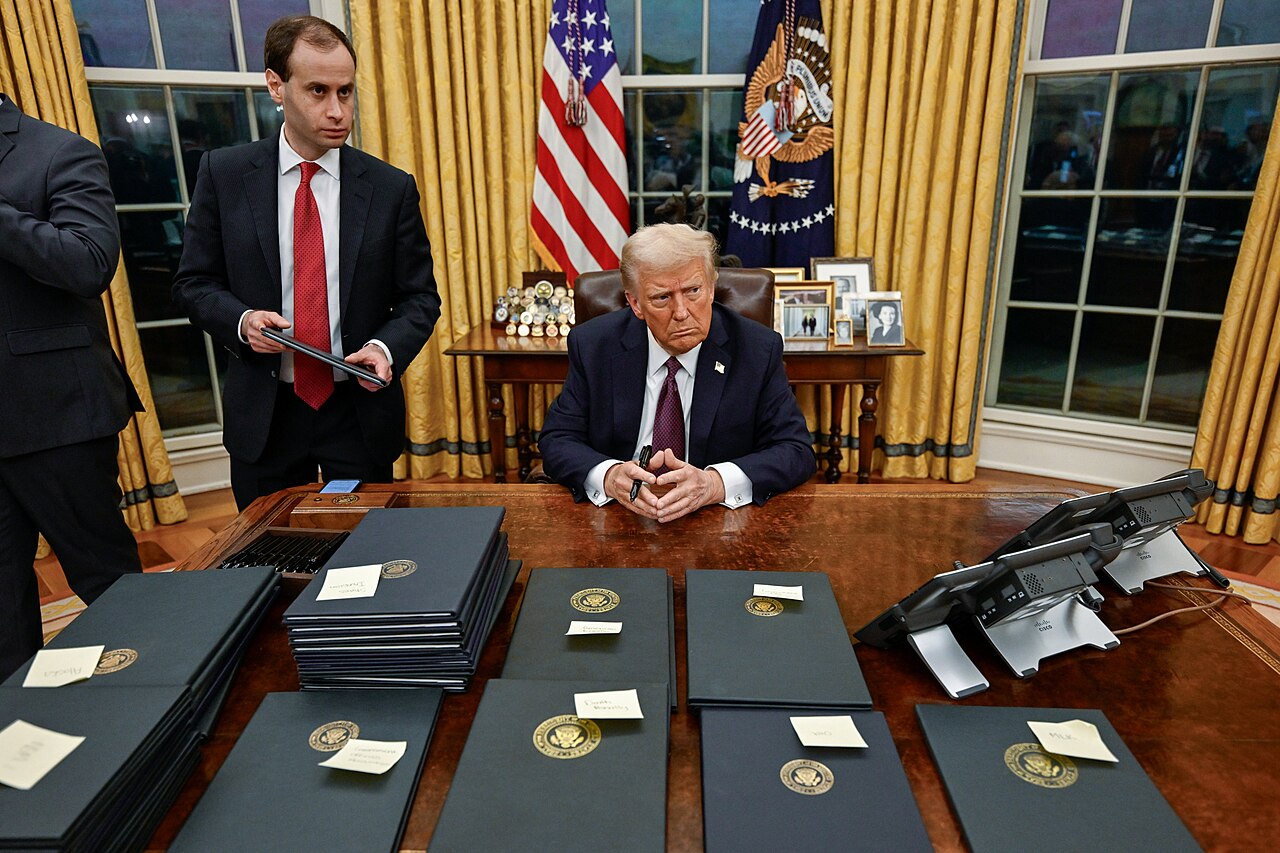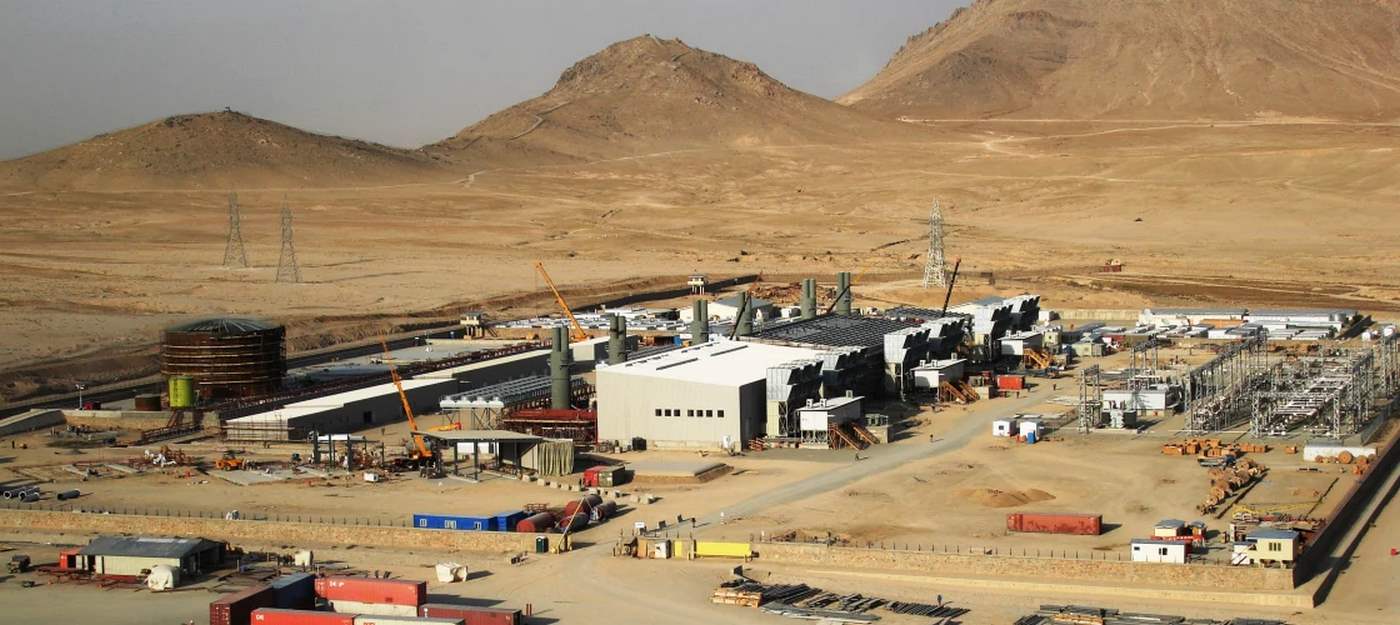End of the Empire is a twice-monthly feature on all news relating to the transition from the unipolar world of the US Empire to a multipolar world.
Students of history know that there’s an arc of civilization that goes something like “hard times make hard men, hard men make good times, good times make soft men, and soft men make hard times”. Even in our own time, the British Empire, Fascist Europe, the Soviet Union—huge collapses of established the world order are frequent, and they become even more frequent as time compresses in detail as one looks back through the ages.
Is the United States really the “indispensable nation,” as former Secretary of State Madeline Albright famously claimed it was, does the US really “see farther” or is it another empire that follows the arc of everything from the Ming Chinese to the Romans to the Assyrians and hundreds of other nation-states throughout history?
Conditions right now aren’t inevitable for a dramatic downscaling of US power and wealth in the world, but those conditions are present. In less than 3 months this year, the US borrowed over $1 trillion dollars in conditions of 5.5% interest. In less than 12 months, $7.6 trillion of the national debt will mature and need to be paid off with more borrowing at 5.5% or even higher. By 2027, the interest payments on the national debt will be $1 trillion per year.
It’s under these extreme constrictions on the federal government’s ability to spend and finance without creating hyperinflation that oil price analyst Gail Tverberg proposes a scenario for a non-cataclysmic fall of the United States Empire.
Tverberg’s hypothesis is that heavy fuel, so-called “Middle Distillates” like jet fuel and diesel, are needed more and more for the world economy, but there isn’t more and more of this oil being produced. In fact, the world economy is already in a heavy fuel bottleneck which she says tends to squeeze entities on the margin out of the supply chain. “Squeezes” are worsened because governments’ attempts to control the problem lead to new money creation, but because they can’t actually create more goods or services, their money printing, like in the Weimar Republik, simply devalues the money already in circulation. In this case, many whose incomes are not dynamic are immediately squeezed out of the economy, creating massive societal destabilization.
Not uncommonly, she writes, whole nations are squeezed out of the economy, which she believes could be imminent and she has credible data to back it up: the world simply isn’t producing enough heavy fuels, because for some time the product has not been profitable enough for supply increases to match demand increases.
“For example, the US is having trouble electing a Speaker of the House of Representatives because legislators disagree about funding plans,” she writes at Oil Price. “I can imagine a long shutdown occurring because of this impasse. Perhaps not this time around, but sometime in the next few years, such a disagreement may lead to a permanent shutdown of the US central government”.
At the time of her writing, Rep. Mike Johnson (R – LO) won the speakership, however government funding is set to expire on November 17th, and the GOP-controlled House, which eventually ousted the previous speaker over budgetary arguments, will need to work with the Democratic-led Senate to avert a shutdown. There isn’t much time for the incredibly divided chambers, and with the Israeli siege and bombing of Gaza, even more budgetary arguments could impede negotiations.
Foreign wars funding, plus Iraqi oil boom directed entirely at China
Part of those budget negotiations will be another attempt to secure over $100 billion in borrowed money to pay for foreign conflicts, spurned by the last Congress when they ejected Speaker MacCarthy. Added to the bullet list however will be over $10 billion in funding for Israel’s attack on Gaza, something which Secretary of State Antony Blinken argued “also mattered for the Indo-Pacific”.
At a hearing for the Senate Appropriations Committee, Blinken requested $105 billion, including new unproportioned funding for Indo-Pacific military buildup, $61.5 billion for Ukraine, $2 billion for Taiwan, and $14.3 billion for Israel.
“What happens in Ukraine, what happens in the Middle East, also matters for the Indo-Pacific. Beyond Europe, we know that our allies, as well as our adversaries, as well as our competitors, are watching that conflict. They’re watching our response,” Blinken is supposed to have said, according to SCMP.
It was the belief that MacCarthy was going to work with the Biden Administration to get tens of billions sent to Ukraine that caused Congressman Matt Gaetz (R – FL) to introduce the privileged resolution to remove MacCarthy, which the Democrats were more than happy to vote for unanimously. Whether or not the same standard will be put to the new speaker Johnson has yet to be seen, but the stopgap funding bill was passed without aid to Ukraine, enraging the White House and Kyiv.
The situation is a blueprint for the one laid out by Tverberg, if an agreement on financing wars with debt isn’t a swift one.
In other news, Iraq decided last week in a cabinet meeting to boost oil production by 50% with a view of sending it all to China as part of a potential 25-year cooperation agreement with Beijing the country signed in December of 2021 on the basis of a similar agreement China has with Iran. China’s state petro-company owns 46% of the largest Iraqi oil field, and is entitled to a 30% discount on any products from it that it buys.
Another key part of the Iraq-China Framework Agreement is that Beijing is allowed to build railways to and from additional infrastructure nodes like factories, key for its continuing Belt and Road Initiative, “all overseen by its own management staff from Chinese companies on the ground in Iraq,” according to a senior source in the Iraqi oil ministry who spoke with Oilprice.com. These railroads would connect to Tehran and Tabriz where cargo could then arrive all the way to Urumqi in Western China’s Xinjiang Province.
“Three days later, Iraq’s Deputy Prime Minister for Energy and Oil Minister, Hayan Abdul Ghani, met with Alexander Dyukov, Chairman of Gazprom Neft to discuss future oil and gas projects in the south and north of Iraq,” continued the writer for Oilprice, Simon Watkins.
PICTURED ABOVE: The Chinese-owned infrastructure at the Rumaila oil field. PC: ROO, released.



